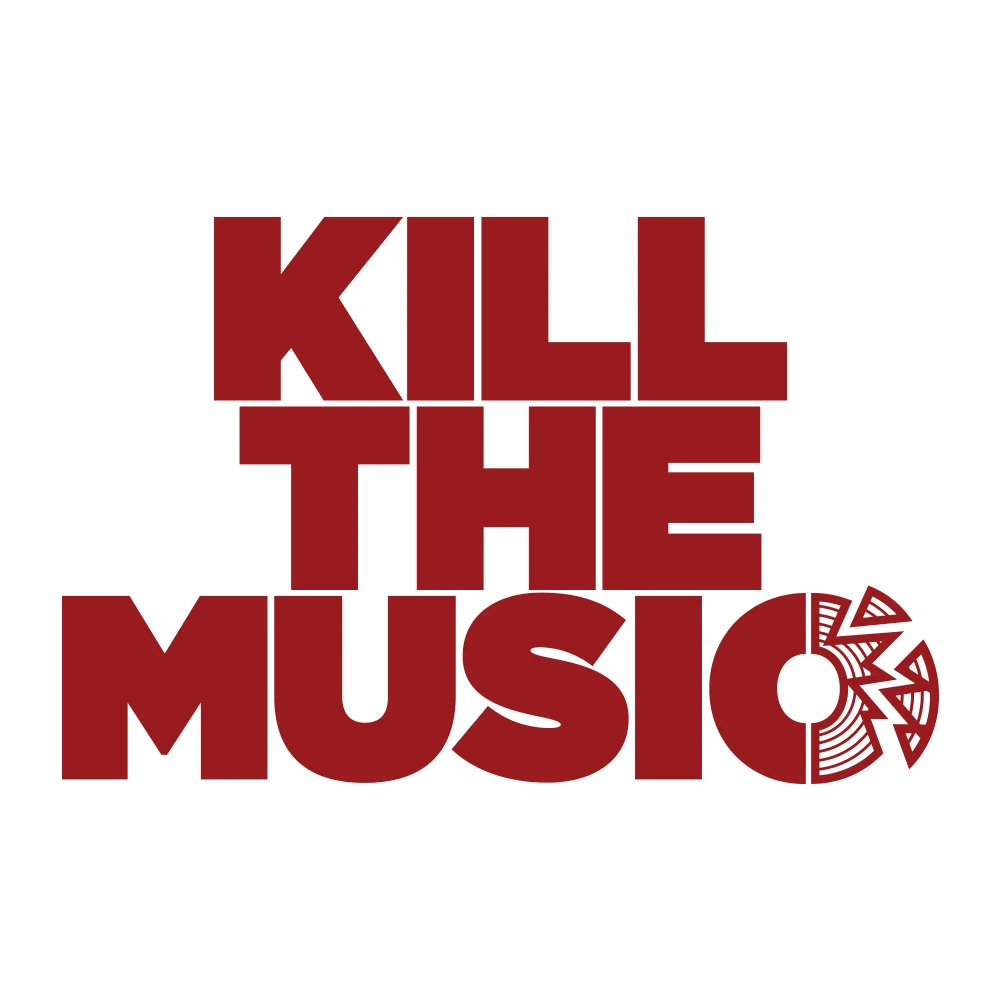The DJ world has long been split between vinyl and digital. Both have passionate advocates who argue their choice is superior for creativity, skill, and overall performance. But which is better? The truth lies in understanding the benefits and challenges of each.
The Allure of Vinyl DJs
Vinyl was there first and remains iconic in DJ culture. Spinning records has a nostalgic and tactile appeal unmatched by digital setups, and many DJs swear by vinyl's rich, warm sound quality. Unlike digital tracks, vinyl records often capture audio in its purest form, with no compression to alter the sound.
Vinyl DJs argue that the medium demands more technical skill. Beatmatching by ear, handling delicate records, and mastering the art of scratching on turntables create a hands-on experience. For some, it’s a mark of authenticity. Legendary DJs like Carl Cox and Jeff Mills rose to fame on vinyl, building a legacy that continues to influence today’s scene.
However, vinyl has limitations. Records are heavy and fragile, making transportation tricky. Your physical collection can also limit you, making building diverse sets expensive and logistically challenging.
Digital DJs: Convenience and Versatility
Digital technology revolutionised DJing. With software like Serato DJ and Rekordbox, DJs can mix thousands of tracks from a lightweight laptop or USB. Digital setups also offer tools like sync buttons, cue points, and effects that expand creative possibilities.
Plus, digital tracks are more accessible, with millions of songs just a download away. This accessibility benefits DJs working in clubs or events where requests can dictate the night’s vibe.
Critics argue that digital DJs rely too much on technology. Sync buttons eliminate the need for manual beatmatching, a core skill in traditional DJing, and purists feel this automation dilutes the artistry of performing. However, digital advocates argue that tools like loops and effects demand a different skill set, adding depth to sets in ways vinyl can't.
Sound Quality: Vinyl’s Warmth vs Digital’s Precision
Sound quality often dominates the debate. Vinyl lovers highlight the warm, organic tones of analogue recordings, and vinyl pressing often captures nuances that some digital formats miss.
Digital tracks, however, deliver consistent quality. With lossless formats like FLAC, DJs can achieve pristine audio with no degradation. Digital setups also thrive in loud venues where sound systems prioritise clarity and volume. While vinyl can crackle or skip, digital files stay reliable, even in challenging environments.
That said, some audiences value vinyl's imperfections, viewing occasional pops or hisses as part of its charm. This unique character adds an authentic vibe to certain genres, like hip-hop and house, where vinyl’s aesthetic complements the music.
The Cost Factor
When considering cost, digital DJing is more accessible. You can learn how to DJ online and get your career off the ground quickly and without robbing a bank. DJ courses, software subscriptions, and controller setups are often cheaper than building a vinyl collection, and you can start mixing digitally for as little as a few hundred dollars. Vinyl, on the other hand, requires turntables and an ongoing investment in records, which can be expensive.
That said, many DJs argue that vinyl’s cost reflects its value. Owning a physical collection is tangible and personal, something that’s lost with digital playlists.
The Best of Both Worlds
Many DJs today blend the two formats with hybrid setups that use digital vinyl systems (DVS) to combine turntables with digital software. This approach offers the tactile feel of vinyl with the convenience of digital tools.
A DJ might use timecode vinyl on turntables to control tracks stored on a laptop. This allows them to scratch and mix like they would with traditional records while enjoying the portability of digital music. Artists like the outspoken DJ Craze and A-Trak are great examples of how hybrid setups can push creative boundaries.
What’s Right for You?
Choosing between vinyl and digital depends on your goals and preferences. Are you drawn to the authenticity and craftsmanship of traditional DJing? Or do you value the versatility and convenience of modern technology?
Vinyl is ideal for purists who love the physical connection to their music while digital suits DJs who prioritise portability and creative tools. If you’re torn between the two, hybrid setups offer a compromise that bridges both worlds.
Whether you choose vinyl, digital, or a hybrid approach, what truly matters is how you connect with your audience and make your sets unforgettable. In the end, great DJing isn’t about the format—it’s about the music and the emotion you create.
